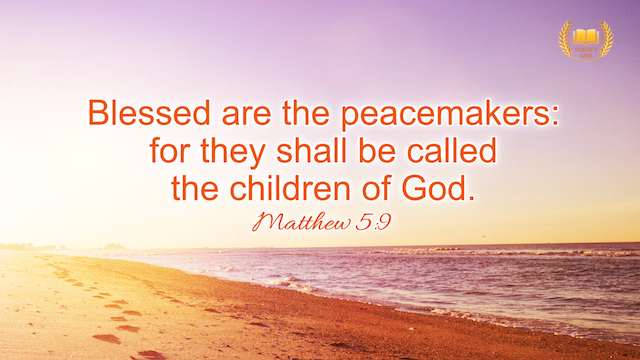by Sondra Wilson. Updated 1/24/2025.
The Remedial Council (as in, “to remedy”) is an upcoming event that Christian and Jewish religious organizations who support the advancement of human rights will be invited to attend. The purpose of the Council is threefold:
- Create a list of problematic/harmful verses within the Holy Bible which, for thousands of years and in modern times, have been used to justify political oppression and/or murder of various demographics.
- Assign the completion of essays correlating with each such verse, describing historical and modern injustices potentially exacerbated by political and religious voices whom cite these verses in order to fan the flame of bigotry and political oppression.
- Vote to have all such verses moved out of the Living Word, into a prologue describing the Councils of Rome (where the current Bible was compiled) and the Remedial Council, explaining to the reader why the Remedial Council was called, and why these verses were moved out of the Living Word.
The Holy Bible was created at the Councils of Rome
The canonical books of the Christian Bible were enumerated and approved by various councils, synods, and popes of the Catholic Church, beginning with the Council of Rome in 382 A.D. Presided over by Pope Damasus I, the Council of Rome first promulgated what we came to know as the canon of the Christian Bible in a document called The Decree of the Council of Rome on the Canon of Scripture. The second part of this decree, which gives a complete list of the canonical books of both the Old and the New Testament, is referred to as the Damasine List. Just more than a decade later in 393 A.D. a council of bishops, including St. Augustine of Hippo, affirmed the same canon of Scripture at the Synod of Hippo. The Synod of Carthage (397 A.D.) and the Council of Carthage (419 A.D.). reaffirmed the canon of the Bible given at the Synod of Hippo. Then at some point during the pontificate of Gelasius I (492 – 496), he is believed to have issued “The Gelasian Decree,” which again listed the very same canon of Scripture as the synods and councils of Carthage, Hippo, and Rome. [1]
The Remedial Council; a modern equivalent of the Councils of Rome
The purpose of The Remedial Council is to bring together the heads of churches of various denominations who firmly believe in and strive for civil rights and the embetterment of humankind.
The heads of these churches will meet, virtually, with the understanding that there are approximately 20 or so “problem verses” within the Bible currently used to justify political persecution of LGBT+ people (e.g. the legend of Sodom and Gomorrah) and persons of color (e.g. the fable of Ham and Shem). Old and New Testament verses used to justify slavery or ill-treatment toward people of any demographic will be voted out of the Living Word, and into historical context (within a respectable Prologue). This new version of the Bible will then be used within each of these churches instead of the current versions they are using.
The purpose of this council is to recognize that these verses are being used by some churches to cause harm, that these verses misrepresent The Creator because they are not in the Spirit of Love, and that several demographics – such as LGBT+ people – do not have major political representation within the Abrahamic world religions. This is a “Second Reformation” which is inclusive to the Catholic and Eastern Orthodox Churches. This event will bring needed consciousness to all Abrahamic Religions, that murders and persecution around the world might begin to cease. We must recognize that politicians are currently using the Holy Bible as a political tool of persecution, and take this excuse away from them. These verses misrepresent The Creator.
After the Council is over:
Clergy of any and all Christian churches will sign a historic petition which will be presented to services around the world. An event will be then held wherein Heads of Churches will stand before the world and apologize to various demographics which may have been harmed by any of the problem verses which were removed. A new era shall then begin.
“The One Commandment”:
“For the entire law is fulfilled in keeping this one command: “Love your neighbor as yourself.”
– Galatians 5:14
A special thanks to Testify God for the above graphic which is used in accordance with the US Copyright Office’s Fair Use policy.
References
Boudreaux, Lyle J. “The Canon of the Bible: Who Decided What Made It In?” The Imaginative Conservative, 15 Sept. 2024, theimaginativeconservative.org/2024/09/canon-bible-lyle-boudreaux.html#_ftnref4.


